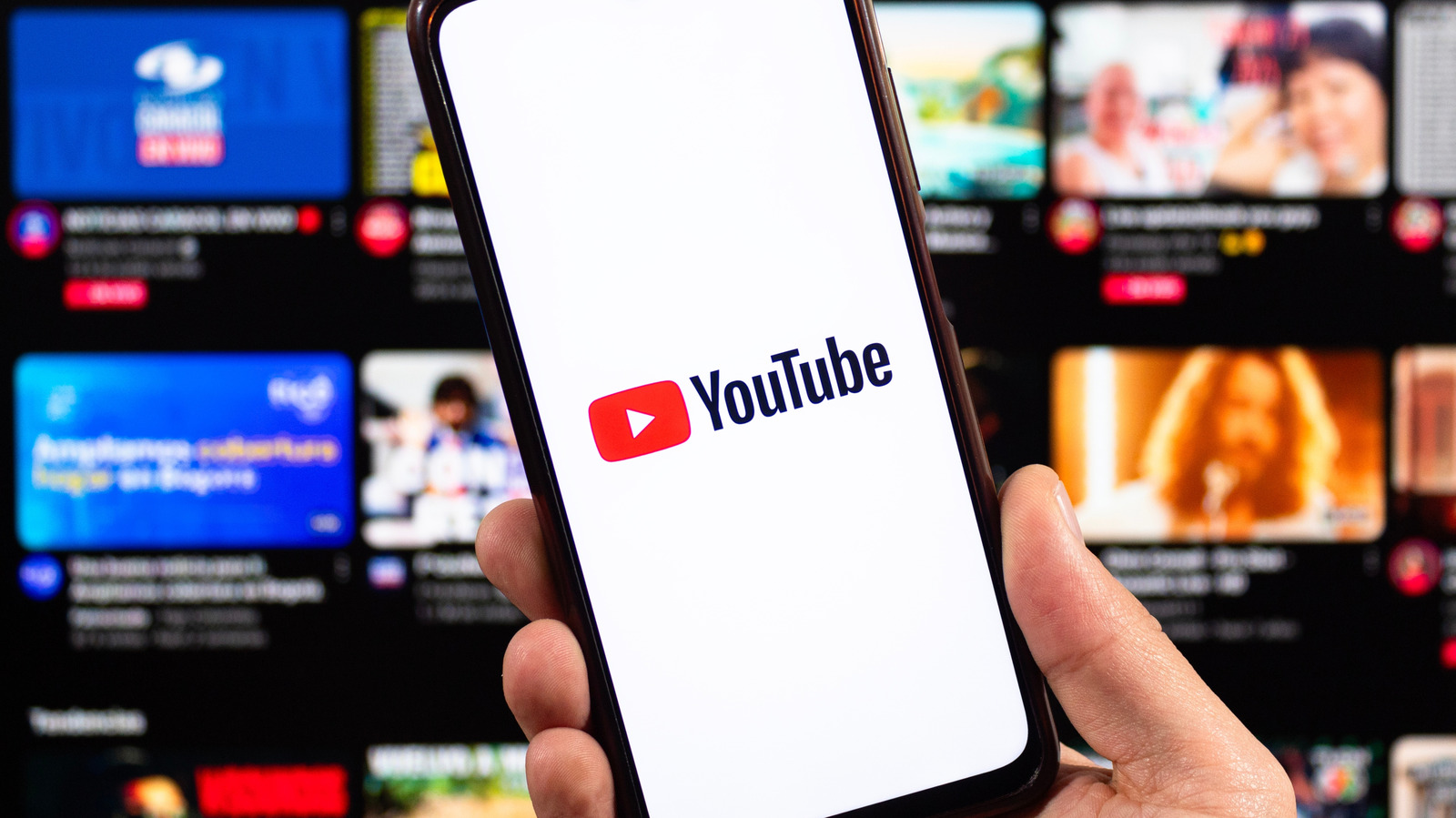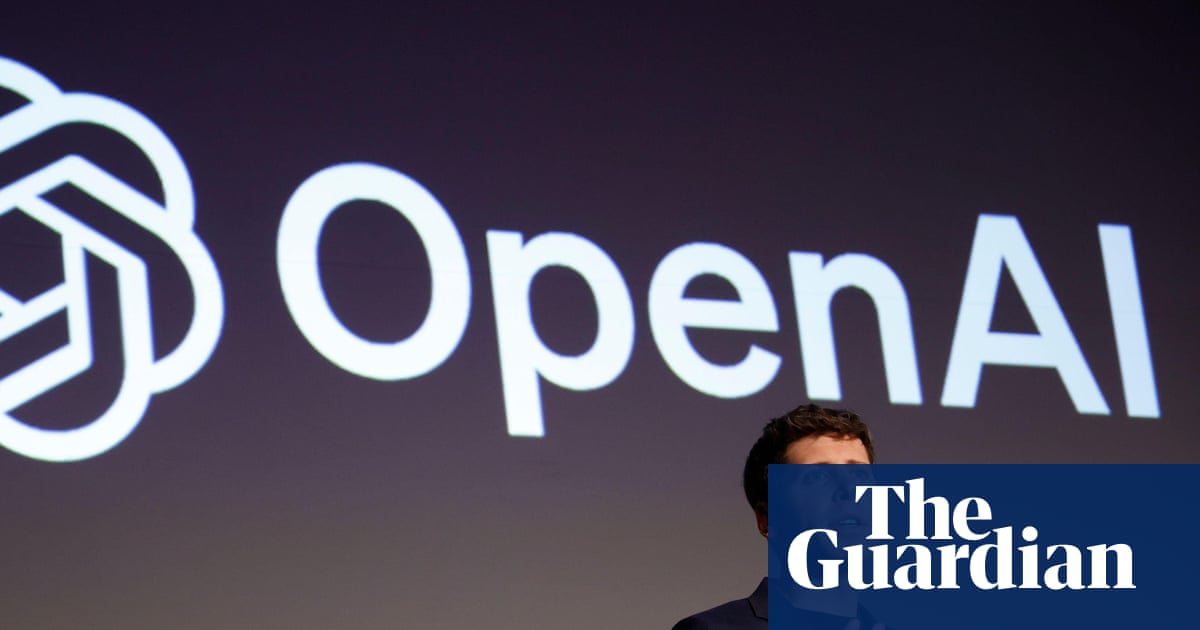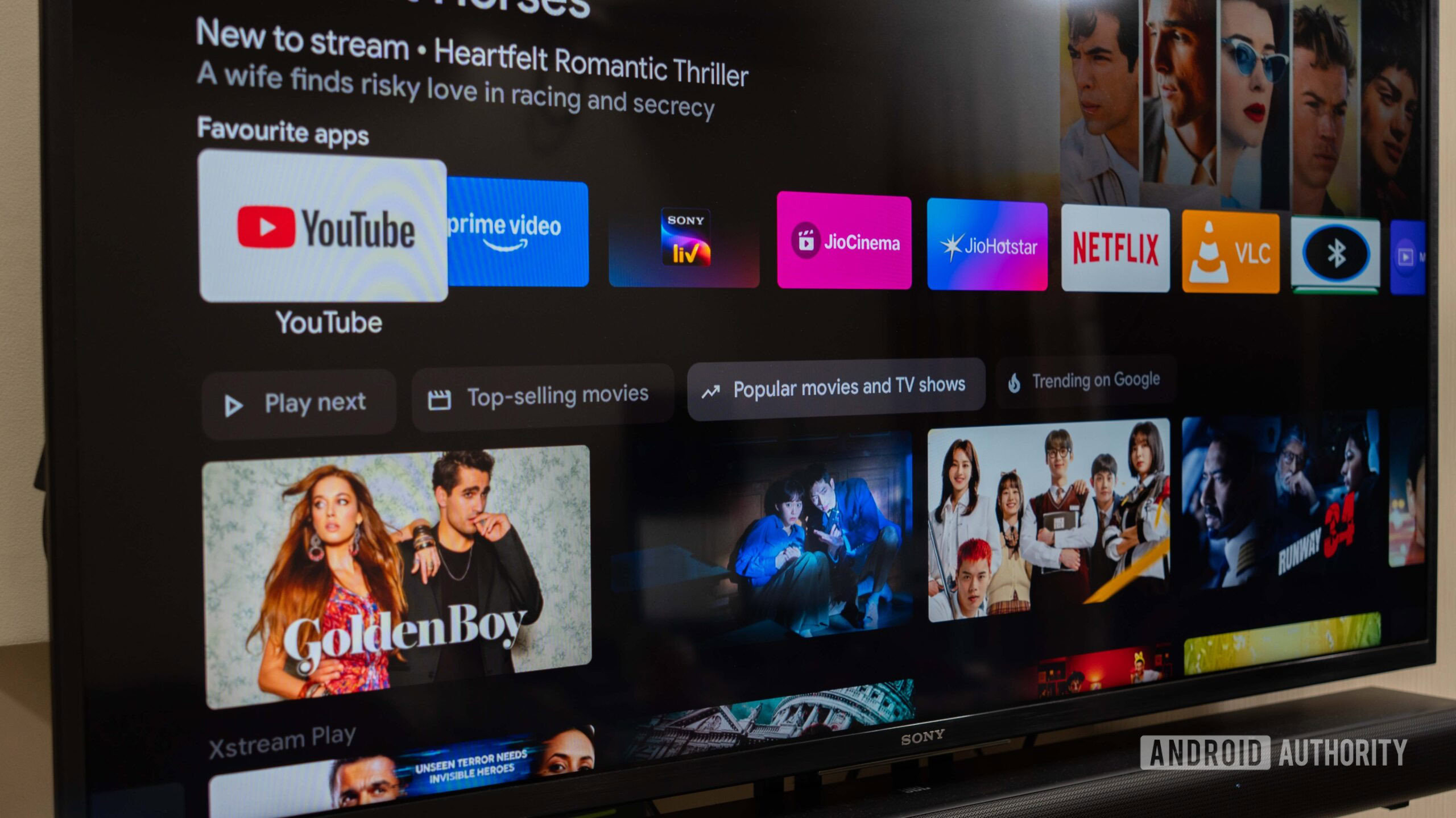THERE are some vital tips on TikTok that could help younger Americans get a desired promotion or salary increase.
The advice is changing as suggestions from parents and older mentors is becoming outdated for the current job market.
1
At least, that’s what 22-year-old aspiring doctor Olivia Sotos said she found after graduating from college earlier this year.
Sotos argued that suggestions on social media platforms from her peers around the country were far more valuable to her pursuits, per MarketWatch.
“My premedical advisor, I’m just like, you’re not helping me that much,” she told the publication.
“On social media, it feels the same as if I was asking a friend who did what I’m doing, but a year or two ago.”
“It’s way different when you’ve actually lived through it and experienced it. I feel like I need tangible, first-hand advice,” Sotos continued.
The 22-year-old is part of a growing trend of Generation Z workers who regularly seek out job advice online, typically from influencers who already work in their desired field.
At least four in 10 are now doing it regularly, according to a recent study from the Schultz Family Foundation.
So, can it really help?
It turns out that around 41% of Gen Z-ers are making career decisions based on TikTok suggestions, and 15% even secured a job offer they found through the platform, as noted in findings from a survey conducted by ResumeBuilder.com.
Some of the top advice offered by well-known influencers like Erin McGoff (@erinmcgoff) is going viral.
McGoff has grown a following of over 2.9 million on TikTok alone, and she offers relatively straightforward tips.
SALARY NEGOTIATIONS
In a recent clip, McGoff conducted a short skit between the hirer (played by herself) and the candidate (also herself) to show the right and wrong ways to go about negotiating a salary when receiving a job offer over the phone.
The influencer advised Gen Z-ers who might be unfamiliar with the process to not immediately accept an offer given over the phone, make comments about the salary being too high or too low, or ask if they’re supposed to negotiate.
Instead, it’s best for prospective candidates to make four crucial moves.
The first would be to thank the hirer for the offer before anything else, reflecting gratitude for the opportunity.
Gen Z Job Stats
- Four in 10 graduates seek job advice on social media
- Seven in 10 young adults are learning about educational and career opportunities on social media
- 30% rely on AI to learn new skills
- 46% feel unprepared for jobs
- 77% of employers require one year of experience from entry-level job seekers
Credit: The Schultz Family Foundation
They should secondly request the offer in writing for review before giving a final answer.
Upon calling the hirer back, if the candidate feels the salary isn’t enough for the skills they can provide, a respectful counter explaining the situation could be made.
McGoff lastly advised Gen-Zers to be patient after providing the counter salary increase, letting the hirer consider it on their own before speaking or contacting them again.
PROMOTIONS/RAISE
For promotions or asking for a raise at a current place of employment, there were some different top tips from McGoff in a separate video.
These advised Gen Z workers to not ambush their boss, ramble, or appear unconfident or unprepared in an ask.
Instead, they should first schedule a meeting and create a dedicated time for a conversation that doesn’t inconvenience anyone.
From that point, they should present their reasoning in a kind but firm manner, citing specific added responsibilities they have and explain why it would be “fair” for a “salary adjustment” at this point.
Of course, McGoff isn’t the only one offering similar advice on TikTok.
Several others are doing just that as Gen Z continues to navigate an unstable job market in 2025.
The current unemployment rate for graduates between 22 and 27 is about 5.3%, per the Federal Reserve Bank of New York.
That’s nearly double the rate for all graduates at 2.7%, and the overall unemployment rate still sits at 4.2%.
Many Gen Z-ers are also switching to blue collar work as millions of positions are set to be taken over by AI in about three years.
Some are also deciding that friendship is becoming “too expensive,” and that social events make them far too “anxious” now.










